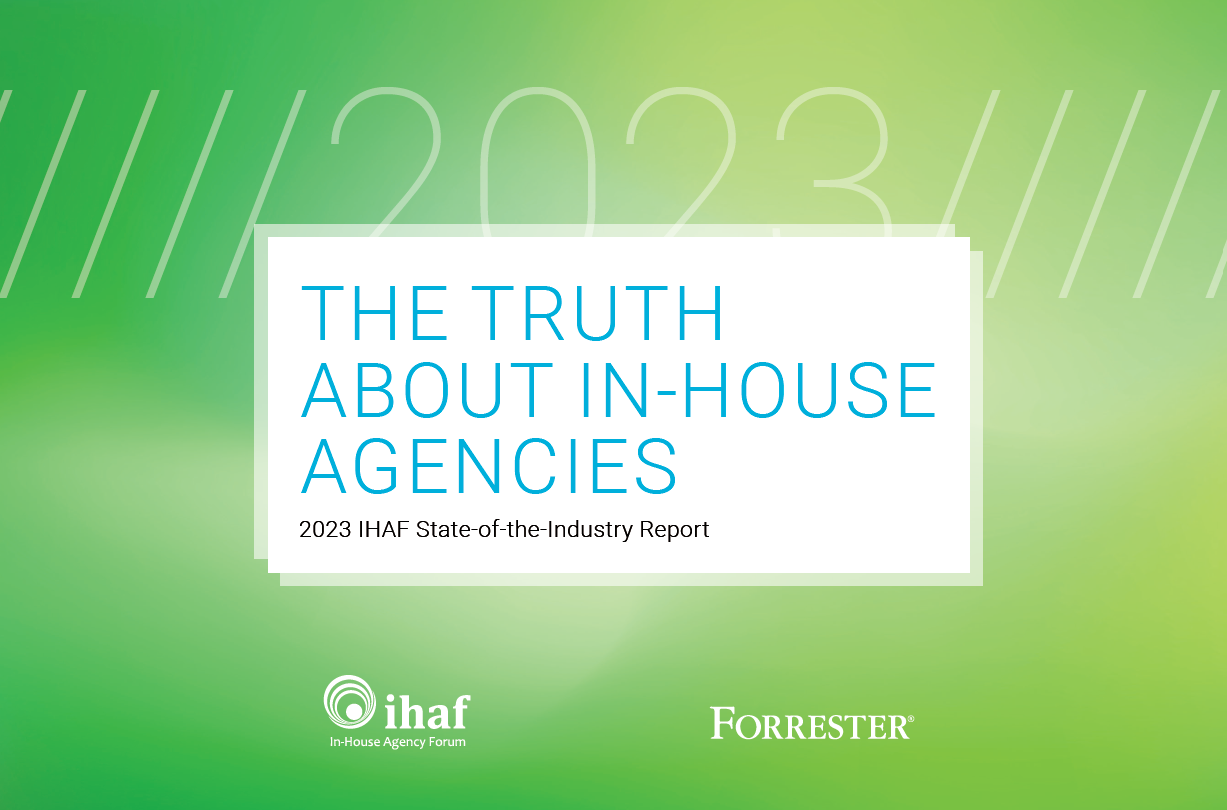Managing Performance Through Seasons of Change

You’ve probably heard the expression “change or die.” One of the reasons change can be scary is because performance can suffer during the transition. So how can you maintain high standards of performance during times of corporate uncertainty?
At American Bible Society, we have been engaged in a process of organizational transition. We are approaching our third century of mission work in an ever-changing world of technology and opportunity. We have a new president and CEO who was charged by our board of trustees with moving us forward, helping us grow, and expanding our reach into urban areas across the United States. As a result, we are in the midst of a structural and strategic migration that will enable our organization to remain relevant and influential in society.
A 200-year-old nonprofit with some 200 employees doesn’t transform quickly, however. For the past eight months, we have been slowly rolling out a series of changes including the impending relocation of our corporate headquarters. Through it all, the creative services team has maintained a fairly consistent level of performance. Here’s what I’ve learned from this amazing organization about managing performance through a period of change:
Encourage discussion. Regular, honest discussion is a must to gauge morale and dispel rumors. Our team found it helpful to talk openly and honestly about the fears, anxieties and questions that naturally come up in times of change. My goal during these meetings was to offer as much information as I had at the time which could be reasonably shared. This helped our creative team be informed and feel heard which freed them to get back to business when our conversations concluded.
More vision. While it’s always important to remind people of the bigger picture, it became a more-urgent practice during our season of change. Perhaps this is easier for nonprofit organizations, since many employees work there because they want to make a difference. Throughout our transition, we became much more deliberate about reminding each employee about the role they play and the impact they have in changing people’s lives.
More optimism. Fear and uncertainty can kill creativity—and creativity is our business! That’s why our team made a conscious effort to focus on having fun and maintaining our creative spirit throughout the changes. Crank up the music. Take out the Nerf guns. Take a break when things get bogged down. Whatever helps creativity win over fear will positively impact performance.
Cultivate community. It shouldn’t be the leader’s job alone to facilitate discussion, cast a vision or boost morale. That’s where it becomes important to cultivate a sense of community across your in-house agency. Consider encouraging more shared projects, cross-functional teams, and work meetings over lunch. Explore different ways to keep your employees eager and engaged.
We are also American Bible Society, so it should come as no surprise that the Bible played a role in helping us navigate our own period of uncertainty. While that may not suit every organization, centering your team on a common, meaningful point of inspiration can go a long way to building unity and keeping people focused on what’s important.
How about you? What have you done to manage performance throughout a season of change? At IHAF, we talk about all of this and more—sharing our experiences with one another. Join us.
Recent Posts

In-House Data: Fact or Fiction?
October 16, 2023
I’m going to be honest with you, which I always am but this time it’s scary honesty. There are a lot of in-house agency research reports out there. And not all of them contain data that are close to the integrity of the studies IHAF publishes—the next of which drops at the IHAF conference on …

IHAF Wrapped
December 20, 2023
One of our favorite things to do at year-end is look back at the events, presentations, and online resources our members tapped most. (Why should Spotify have all the fun?) Here are a few of your favorites in 2023:
• New Assortment of Org Charts Download • Updated Job Profiles …











No Reader Comments